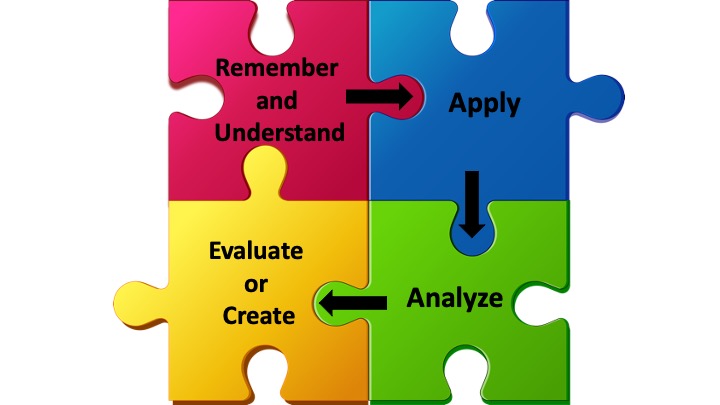
Educational games are one active and effective way of engaging students with material while also providing additional motivation to tackle challenging concepts. A particularly popular game concept is the escape room, where students need to work in groups to solve a series of puzzles to prevent disaster from occurring in an imaginary universe, all within a specified amount of time. This paper presents a general guide to constructing an escape room for undergraduate classrooms. Unlike many recently published educational escape rooms, this template does not use any laboratory-based components, making it widely applicable to any class and any level, although it will be most easily adapted to classes that do include analytical components. The puzzles in the game escalate from remembering and understanding concepts to applying and evaluating techniques and data. Unlike many other games and puzzles, an escape room does not reveal the final answers until the allocated time is up, which forces students to work through challenging questions and find solutions within their group to advance in the game. The game provides students many instances for formative assessment and encourages helpful discussions surrounding misconceptions and core course content while they escalate through the challenges.

Bethany Stone onto Escape Rooms
@
on